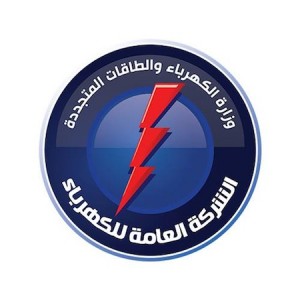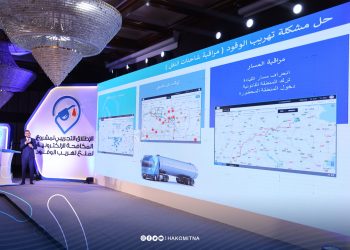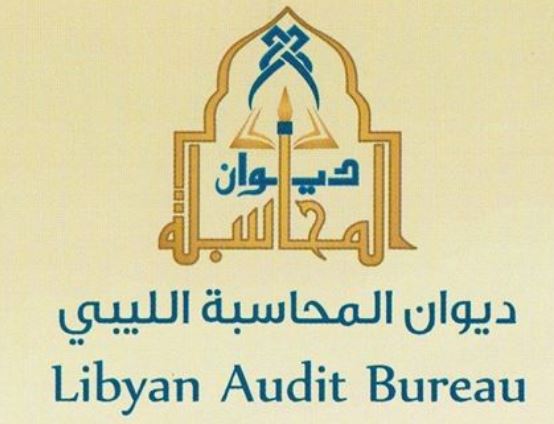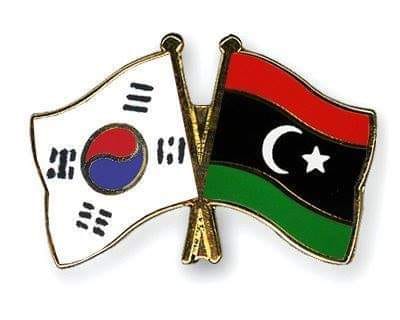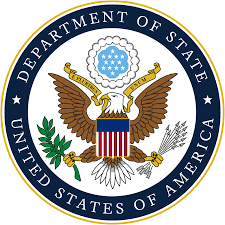By Jamal Adel.
Kufra, 17 September 2014:
Libya’s main power provider, the General Electricity . . .[restrict]Company of Libya (GECOL), which has been severely crippled by damage done by fighting in many parts of the country and its inability to obtain spare parts for repairs, says it is working day and night to bring consistent power back to the areas suffering blackouts.
“GECOL engineers are making great efforts to repair damaged lines in a number of areas southwest of Tripoli, including Seraj and south Hadba,” GECOL spokesperson, Lutfi Ghoma told the Libya Herald.
The recent clashes in Tripoli plunged a large part of the country into long blackouts, often lasting hie or ten hours in the capital
“The south Hadba grid, through which most of Tripoli’s energy lines run, was hit during the clashes. Engineers are currently working very hard in that area to repair and replace damaged parts,” explained Ghoma.
With fighting in and around Tripoli at an end (apart from west of Tripoli), it would much easier for the engineers to get in and fix the lines, Ghoma said. “It will just be a matter of time before we are finished with the repairs,” he added.
The rising sense of insecurity has driven large numbers of foreign workers to flee the country. The Sirte power project, for example, has been hit by the departure of Korean companies Doosan and Hyundai and Turkey’s Gama. GECOL, however, took the lead in operating the plant before its brand new turbine broke down last month.
On the other hand, at the 450-megawatt Sarir power plant some 450 kilometres north of Kufra, is working normally with adequate light fuel supplies, though it is facing shortages of spare parts and experiencing some technical issues.
“We have been having trouble importing spare parts for the turbines and transformers for three years now,” the manager at the Sarir power station, Hashim Al-Maliki, told this newspaper.
“The fuel supplies for the Sarir power station are adequate, but we desperately need to replace parts in a number of transformers and machines quickly—before winter comes—because consumption is sure to go up,” Maliki warned.
The security situation has also placed a burden on GECOL engineers in the eastern part of the country, as they are not able to access some areas where armed conflict is ongoing, such as the Abu-Atni and Sidi Faraj areas of Benghazi.
“Power lines were hit during the fighting in the Abu-Atni area during Ramadan,” a GECOL manager, Abdulmunaem Al-Shantti, told this newspaper.
“It is yet unsafe to access these areas for the fighting rarely lets up. Some transformers hit by missiles are repairable, if only the fighting were to stop,” said Shantti. [/restrict]


